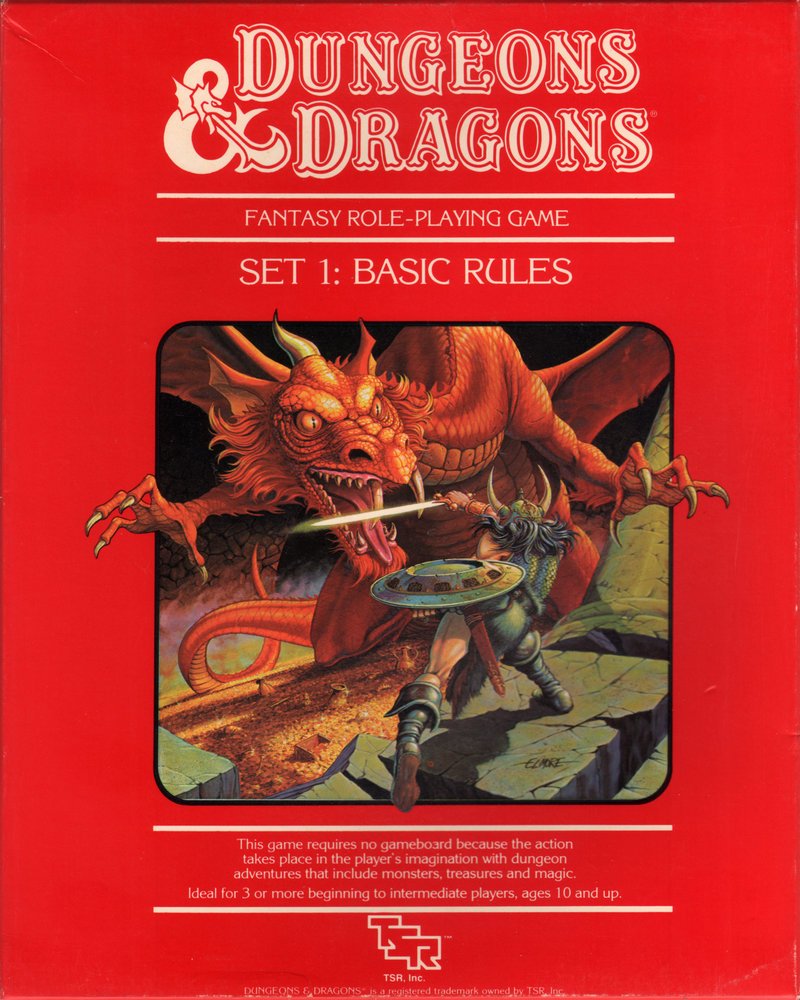D&D as History
Games have a (medieval) history

Modern Medieval
by David M. Perry and Matthew Gabriele
This is just a short note that David has a new essay in Smithsonian Magazine about the history of Dungeons & Dragons.
It was a challenging but fun piece to write because 1) It was in print - so the 750 word cap was serious and 2) the magazine, especially the print magazine, is aimed at the broadest possible general audience. Which meant that one couldn’t make any assumptions about the reader, including whether in fact they had ever heard of a role-playing game.

For medievalists, D&D is rivaled only by Lord of the Rings as 20th-century material that drove so many people’s interests toward the European Middle Ages. Both are problematic sources (in interlocking ways, since the game drew heavily from the books), but critical ones. One argument in the piece is that we need to take gaming history seriously as history. Now this isn’t a controversial argument for most readers of this newsletter, most likely; game history and gaming as an important genre of cultural production are both newish but pretty established fields of inquiry (much as sci-fi, fantasy, comics, etc. are now taught in literature departments). But for a broader public, that idea that the history of D&D is, well, history, and moreover a history that matters and that we should take seriously, is not as widespread.
Also, Dave Arneson, one of the two co-creators of the game, was a history major at the University of Minnesota, where David works. So clearly, it’s a story that’s gotta be told.
Read it here.
-
Thx for the link, guys! I’d seen the article but didn’t check the author - mea culpa! And I did not know that it was drawn from Lord of the Rings. Wild guess here, but I think people who have watch much of Big Bang Theory will be familiar with games like D&D, so you should draw in a lot of readers. Going there now!! PS Can I preorder your next book? :-D
-
You've done a real service here. Among other things it makes me reflect that something so omnipresent and influential takes half a century to get an informed treatment of this sort that presumably will reach a general audience, not just enthusiastic converts. Surely this is a general phenomenon worth thinking about.

Add a comment: